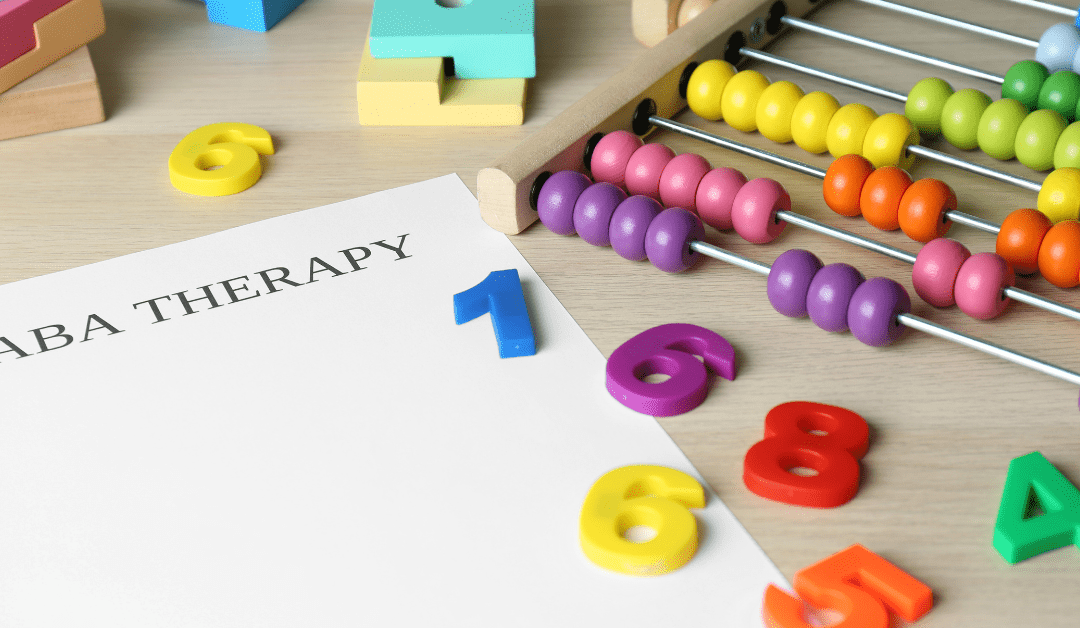Are you a parent considering Applied Behavior Analysis (ABA) therapy for your child? Understanding how to measure success in ABA can provide you with valuable insights into your child’s progress and the effectiveness of the therapy.
Here are some essential points to guide you in measuring ABA success:
- Defining Meaningful Goals: Collaborate with your ABA therapist to establish clear and measurable goals for your child. These goals should be specific to their needs and focus on areas such as communication, behavior management, social skills, and independence. By defining meaningful objectives, you can track progress and celebrate achievements along the way.
- Data Collection: Data collection is a fundamental aspect of ABA therapy. Your therapist will collect objective data to assess your child’s behaviors, skill development, and overall progress. This data-driven approach enables a comprehensive evaluation and helps in making informed decisions regarding treatment adjustments.
- Behavior Tracking: Monitoring and tracking behaviors is a crucial part of ABA therapy. Keep a record of targeted behaviors, noting their frequency, duration, and any changes observed. Tracking behavior allows you to identify patterns, measure improvements, and determine the effectiveness of interventions.
- Skill Assessments: Regular skill assessments are conducted to evaluate your child’s progress in specific areas. These assessments provide a snapshot of their abilities and allow for comparisons over time. They help identify strengths, areas requiring additional focus, and guide the development of individualized treatment plans.
- Communication and Collaboration: Maintain open lines of communication with your ABA therapist. Share your observations, concerns, and questions regarding your child’s progress. The therapist can provide valuable insights and feedback based on their expertise and observations during therapy sessions. Collaboration ensures that you are actively involved in your child’s ABA journey.
By actively engaging in the measurement of ABA success, you can gain a deeper understanding of your child’s progress and celebrate their achievements. Defining goals, collecting data, tracking behaviors, conducting skill assessments, and fostering open communication are key steps in evaluating the effectiveness of ABA therapy.
Each child progresses at their own pace, so celebrating even small milestones can bring joy and encouragement on this transformative journey.

